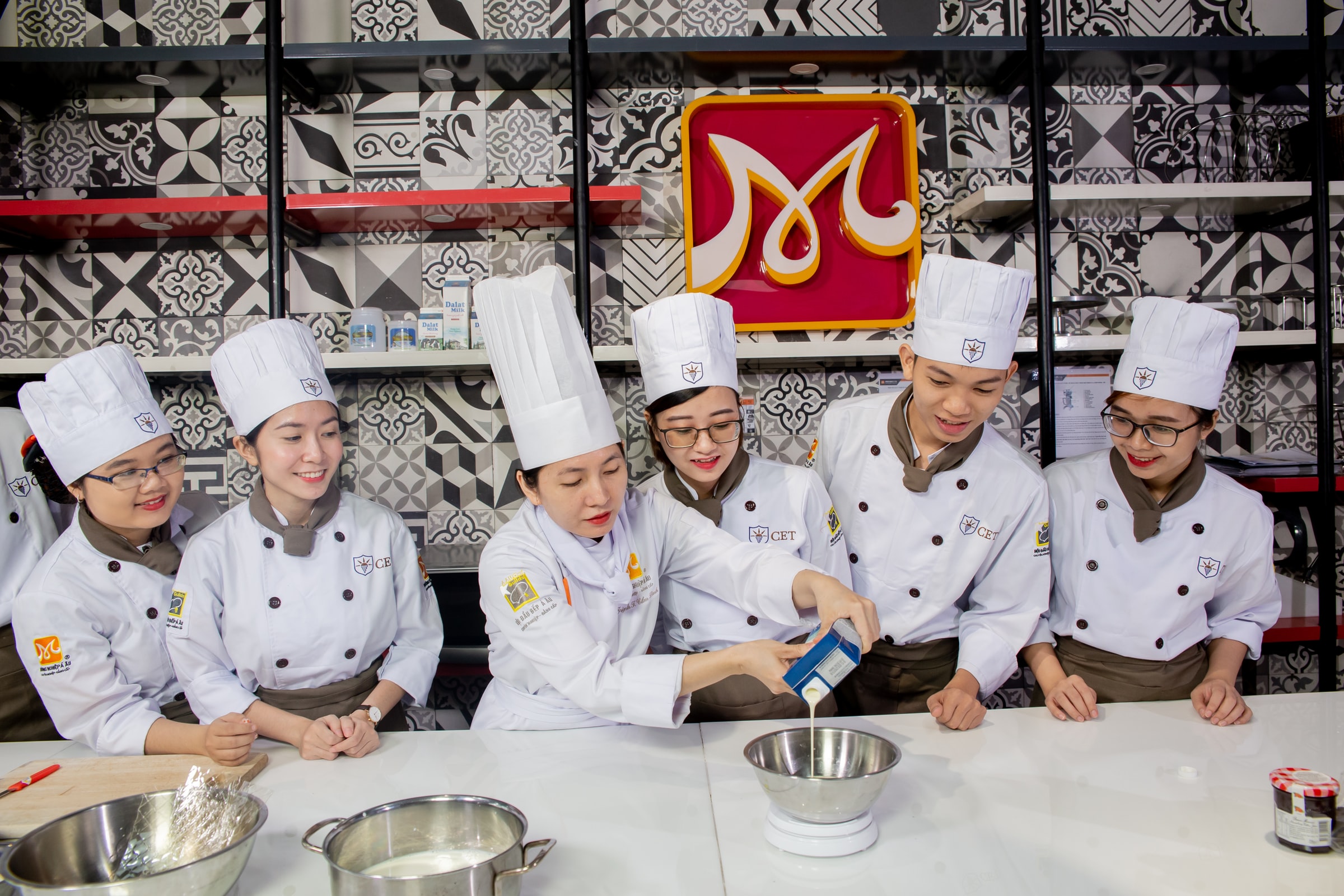
Food&Drink Writer Olivia Pinfold shares her thoughts on the recent controversy surrounding Burger King’s tweet for International Women’s Day
Burger King has come under fire on Twitter after a seemingly well-intentioned but ill-thought-out tweet. The tweet in question was aimed to promote their new scholarship scheme for women chefs. The thread, which has since been deleted and apologised for, was posted on 8th March in recognition of International Women’s Day. It consisted of an initial tweet stating nothing but the phrase ‘Women belong in the kitchen.’ The thread continued, with the second tweet clarifying ‘If they want to, of course,’ before explaining their scholarship scheme.
The tweet seems to be an attempt to reclaim the sexist phrase
The tweet seems to be an attempt to reclaim the sexist phrase, highlighting the gender disparity in the culinary industry and suggesting that women deserve to be better paid and represented in professional kitchens. It could easily have landed well as a clever, attention-grabbing marketing strategy, if only it wasn’t for the fact that this phrase is an out-dated stereotype. It is still often used to mock and belittle women, reducing them to their domestic capabilities and denying their intellectual and professional value.
As is so often the case on social media, the tweet was met with harsh backlash. Critics suggested that it was a cheap, tacky attempt at clickbait, and a tone-deaf and disrespectful way to approach a very important conversation. Unfortunately, this controversy has completely detracted from the conversation that the company was trying to start. It must be said, therefore, that their marketing strategy was arguably unsuccessful.
The money could have been more effectively used to support more female chefs in the industry
Burger King also ran this campaign as a full-page advert in the New York Times. This reportedly set them back $65,000, which is at least double the value of their scholarships. This decision has been widely criticised, with suggestions that the money could have been more effectively used to support more female chefs in the industry. Critics imply that their motivations are performative, and simply an attempt to follow the current trend of socially conscious branding. A similar issue was discussed repeatedly on social media in the days following International Women’s Day as a number of brands drew criticism for seemingly performative activism. Fast fashion brands in particular were met with disapproval as they advertised cheaply made, poor quality clothing branded with feminist slogans. It makes it worse that these were likely manufactured on production lines made up of women working in poor conditions and receiving inadequate pay.
Whilst most people seem to agree that Burger King could have addressed the issue in a more sensitive way, their attempt to draw attention to the problems within the culinary industry are very much valid. Even in 2021, the culinary industry remains a male-dominated space. According to Burger King, only 20% of professional chefs in UK kitchens are women.
They are deemed not to have sufficient skill to provide high-quality food to paying customers
The blatant, inescapable reality is that women are perpetually considered home cooks and family feeders. They are still seen to ‘belong in the kitchen,’ but only in a domestic capacity, with this unpaid labour expected of them on a daily basis. However, once the opportunity to earn money through cooking comes about, and it is therefore seen as a valuable profession, women cease to belong. At this point they are deemed not to have sufficient skill to provide high-quality food to paying customers, or the ability to withstand the pressure of a professional kitchen.
The role of a head chef is demanding: they must be effective leaders, they must be seen to dominate the kitchen and they must give orders. The necessity for speed and precision in smooth operation is almost military-like. Historically, all of these qualities are associated with maleness. Women continue to work tirelessly to challenge these views in all industries, but the high-pressure environment of the professional kitchen is disappointingly still seen as a man’s world.
Whilst Burger King’s tweet was clearly well-intentioned, the engagement on the original disputable tweet was disproportionately higher than that on the subsequent explanatory tweets. Perhaps their next attempt at championing gender equality will consist of a less controversial marketing strategy than the use of such a played-out sexist trope. Better still, perhaps they will realise a marketing strategy isn’t required at all.
Read more Food for Thought articles from Food&Drink:
Is TikTok Promoting a Toxic Diet Culture?
Comments